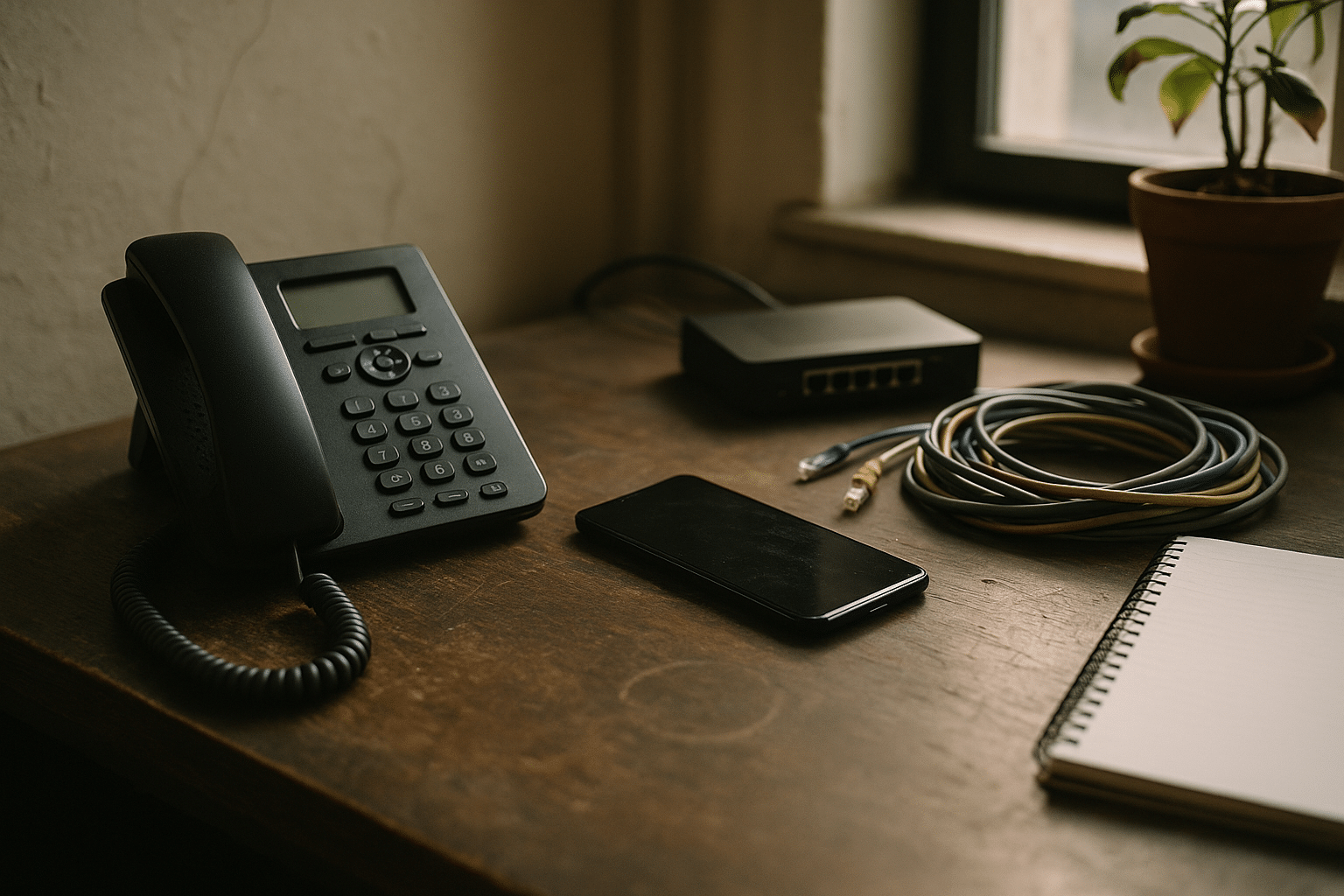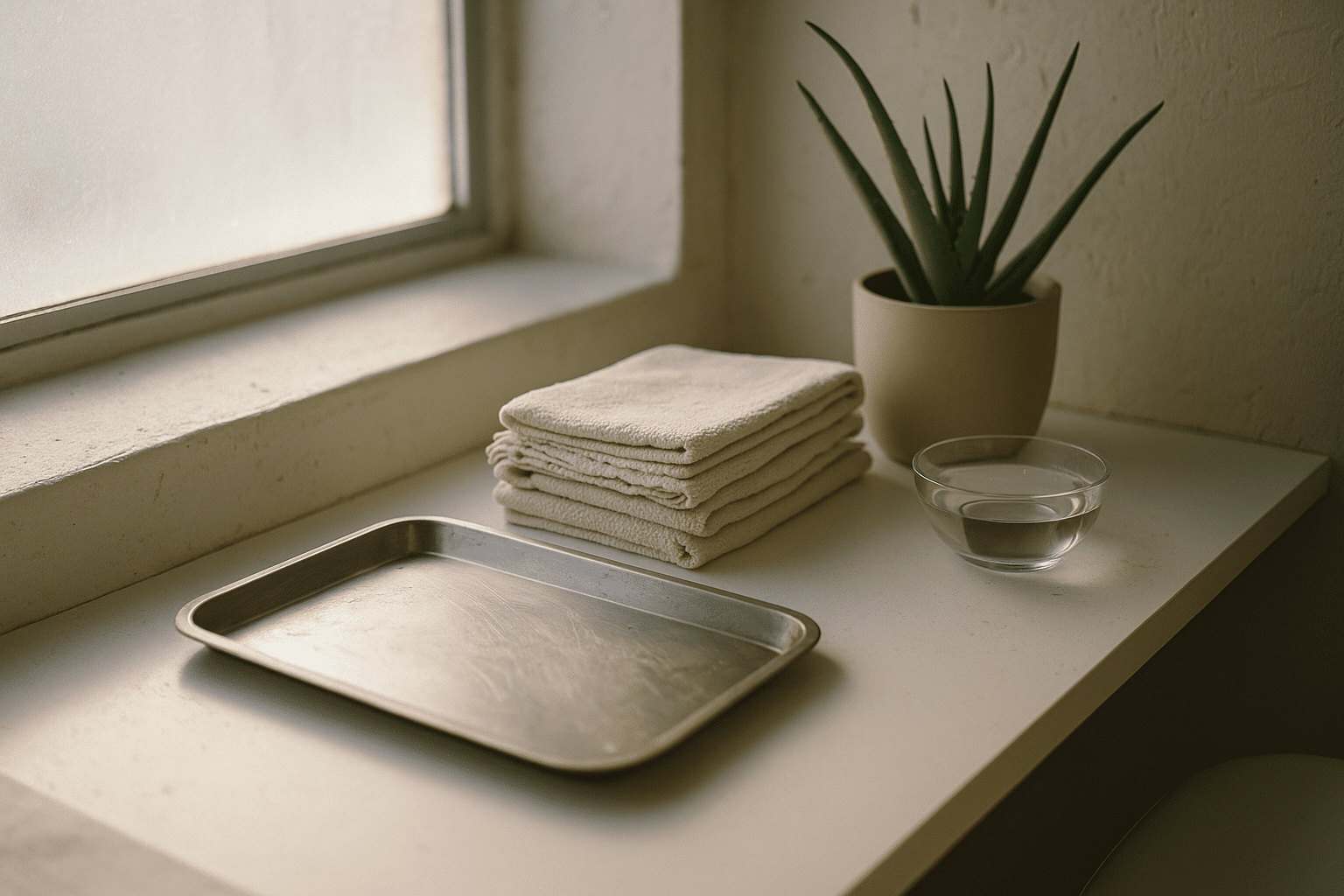
The Art of Letting Go: Mindfulness Techniques for Stress Relief
Navigating the complexities of modern life can often lead to an overwhelming build-up of stress, making the art of letting go an essential skill for maintaining mental well-being.
Understanding the Importance of Letting Go
Letting go is not about forgetting or ignoring stressors, but rather about acknowledging and releasing their grip on our minds. According to Dr. Jon Kabat-Zinn, a pioneer in mindfulness-based stress reduction, mindfulness can help individuals approach stress with a clearer perspective, allowing for more effective coping mechanisms.
Research Findings
A study published in the Journal of Behavioral Medicine found that mindfulness practices can significantly reduce perceived stress and improve overall well-being. By focusing on the present moment, individuals can decrease their stress levels and enhance their emotional resilience.
Personal Experience
Emily, a working mother of two, shares how adopting mindfulness techniques transformed her life. “I used to feel like I was constantly on edge, but practicing mindfulness helped me slow down and appreciate the present,” she explains. This shift allowed her to manage her stress more effectively, improving both her personal and professional life.
Mindfulness Techniques for Stress Relief
- Breathing Exercises: Focus on slow, deep breaths to calm the nervous system.
- Body Scan: Pay attention to each part of your body, releasing tension as you go.
- Mindful Observation: Choose an object and observe it closely, noting details you might usually overlook.
- Walking Meditation: Walk slowly, focusing on each step and the sensations in your feet.
Creating a Mindfulness Routine
Consistency is key when it comes to mindfulness. Set aside time each day to engage in mindfulness exercises. Whether it’s morning meditation or a midday walk, regular practice can help integrate these techniques into your lifestyle.
| Technique | Duration | Frequency | Benefits |
|---|---|---|---|
| Breathing Exercises | 5-10 minutes | Daily | Calms the mind, reduces anxiety |
| Body Scan | 10-15 minutes | 3 times a week | Increases body awareness |
| Mindful Observation | 5 minutes | Daily | Enhances focus |
| Walking Meditation | 10-20 minutes | Daily | Promotes relaxation |
Frequently Asked Questions
What is the main goal of mindfulness?
The primary goal of mindfulness is to focus on the present moment without judgment, which helps reduce stress and increase self-awareness.
How long does it take to see the benefits of mindfulness?
Many people begin to notice benefits after a few weeks of consistent practice, although the timeline can vary.
Can mindfulness help with severe stress or anxiety?
While mindfulness can be beneficial, it’s important to consult a healthcare professional for severe stress or anxiety conditions.
Conclusion
Incorporating mindfulness into your daily routine can be a powerful tool for stress relief and personal growth. By letting go of stressors and embracing the present, you can achieve a more balanced and fulfilling life. Start with simple techniques and gradually build them into your routine, allowing mindfulness to guide you toward greater peace and clarity.


